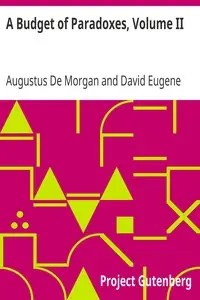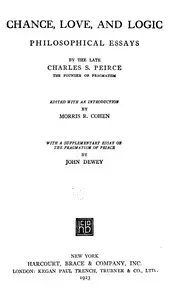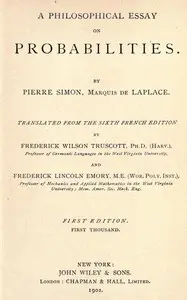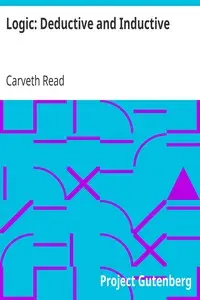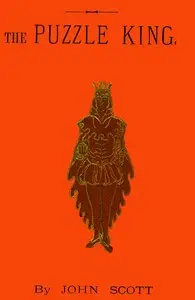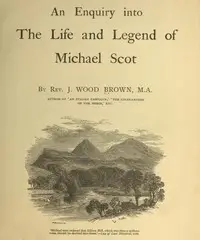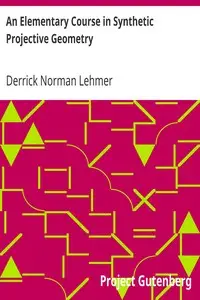"The Logic of Chance, 3rd edition" by John Venn is a late 19th-century essay examining chance and probability. The book connects mathematics and philosophy, showing how probability isn't just about math but also affects social sciences, morals, and statistics. Venn starts off by explaining the basics of probability. He speaks about the role of patterns and predictability in large numbers, even when individual events seem random. Rather than just a math topic, he sees probability as a key idea for philosophical debate, challenging common beliefs and getting ready to thoroughly explore probability and its principles.

The Logic of Chance, 3rd edition An Essay on the Foundations and Province of the Theory of Probability, With Especial Reference to Its Logical Bearings and Its Application to Moral and Social Science and to Statistics
By John Venn
Venture into a world where math meets philosophy, unraveling the hidden order in randomness and chance.
Genres
Released
2018-06-19
Formats
epub3 (images)
epub
epub (images)
mobi
mobi (images)
txt
Free Download
Summary
About the AuthorJohn Venn, FRS, FSA was an English mathematician, logician and philosopher noted for introducing Venn diagrams, which are used in logic, set theory, probability, statistics, and computer science. In 1866, Venn published The Logic of Chance, a groundbreaking book which espoused the frequency theory of probability, arguing that probability should be determined by how often something is forecast to occur as opposed to "educated" assumptions. Venn then further developed George Boole's theories in the 1881 work Symbolic Logic, where he highlighted what would become known as Venn diagrams.
John Venn, FRS, FSA was an English mathematician, logician and philosopher noted for introducing Venn diagrams, which are used in logic, set theory, probability, statistics, and computer science. In 1866, Venn published The Logic of Chance, a groundbreaking book which espoused the frequency theory of probability, arguing that probability should be determined by how often something is forecast to occur as opposed to "educated" assumptions. Venn then further developed George Boole's theories in the 1881 work Symbolic Logic, where he highlighted what would become known as Venn diagrams.
Total Reviews
10.0k
Total reviews from Goodreads may change

